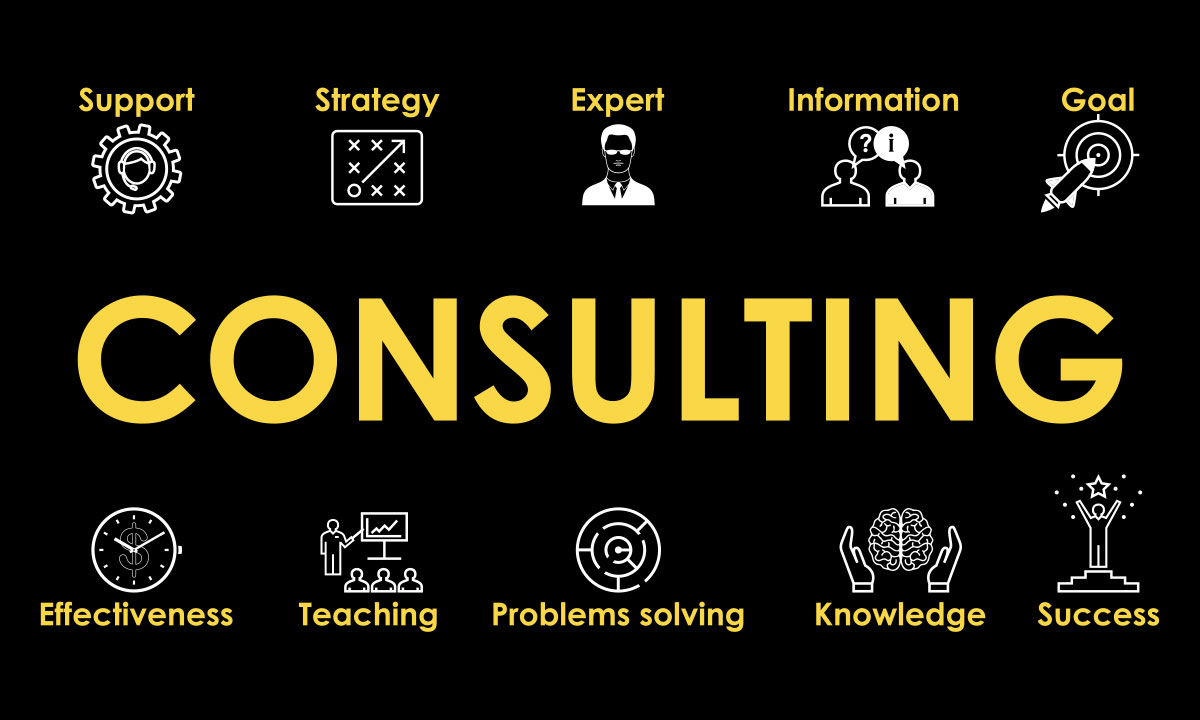
Many people have the mistaken impression that consultants are people who primarily give expert advice to solve problems for their clients. However, a much more accurate description is that a consultant is someone in a role to help another person, team or organisation to change. Thus, a consultant can be an advisor, trainer, coach or facilitator.
The transferable skills that you have acquired over a number of years will make you an ideal candidate for management consultancy or project management.
You are experienced, even qualified, in your own discipline but how can you demonstrate to potential clients that you also provide a Consultancy service that really adds value?
Coaching For Change Ltd provide a suite of courses designed for Subject Matter Experts, Consultants, Change Agents, Project Managers and Continuous Improvement Practitioners.
Having experience, knowledge or skills in a particular discipline is not enough for today’s clients. They expect their consultants to be qualified in order to meet the challenges of a business environment.
Clients need consultants who can add real value to their business by delivering independent considered and well balanced solutions that achieve measurable results. Consultants holding the recognised Chartered Management Institute (CMI) qualification will increase their chances of securing their client’s business.
The Certificate in Professional Consulting (CIPC) course includes an overview of typical consultancy interventions and introduces a range of tools, skills and techniques, including communication, knowledge sourcing, research and analysis, project delivery, risk, quality assurance and effective personal contribution.
Achieving level 5 qualification in Professional Consulting will build confidence in your approach, provides a sound base for further professional development and identifies you as a qualified practitioner, recognised in 40+ countries.
This will help you learn, as an aspiring management consultant, about:
Courses can also be delivered on an in-house basis, tailored to meet individual specific organisational needs with regards to the units covered and course structure.